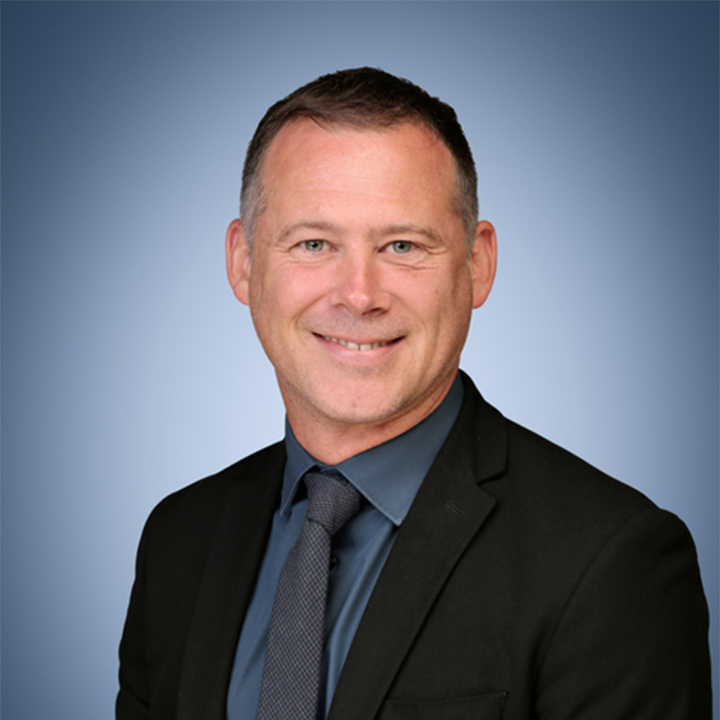Children and young people spend a significant portion of their lives in school. At Mayflower High School, we are uniquely positioned to ensure that students are protected from harm.
Our primary responsibility is to facilitate learning, and students are more likely to engage in the learning process and achieve their potential when they feel safe and well-supported.
Our Commitment to Students:
Safeguarding for Parents
If you are concerned about the safety or welfare of your child or another child, act without delay.
In School Contacts
External Contacts
Our Safeguarding Approach
Our ability to safeguard students is evident on three levels:
Safeguarding in Out-of-School Activities/Clubs/Sports
It is important for parents and carers to verify that any sports club or activity their child attends prioritises safety. Even if a club seems professional, here are some questions to ask to ensure that all necessary safeguarding measures are in place:
- What safety protocols do you have?
- Are staff trained in safeguarding practices?
- How do you handle concerns related to child safety?
Safeguarding Governance
Mayflower has a comprehensive Safeguarding Team with many level 3 safeguarding training members of staff this includes:
- Mr D Lee (Headteacher)
- Miss Z Baines (DSL)
- Mrs E Cooke (Assistant Headteacher and DDSL)
- Mrs S Howson (Deputy Headteacher)
- Mr L Kilvert (Deputy Headteacher)
- Mr R Griffiths (Senior Assistant Headteacher)
- Mrs N Ball (Assistant Headteacher)
- Mrs M Ragon (Attendance Officer)
- Dr S Fawell (Assistant Headteacher, Head of Sixth Form)
Addressing Harmful Sexual Behaviours
Our school recognizes that children and young people (CYP) may display sexualized behaviour towards their peers as they develop. However, sexualized behaviour that becomes harmful or abusive is unacceptable and must be addressed.
We take allegations of child-on-child sexual abuse seriously and do not tolerate or dismiss harmful sexual behavior as ‘banter,’ ‘just having a laugh,’ or ‘part of growing up.’ Such allegations are managed in the same way as any other child protection concern, including seeking advice and support from external agencies as appropriate.
This policy aligns with the safeguarding requirements outlined in Keeping Children Safe in Education (DfE, 2020). Part 5 of this statutory guidance details how schools should manage reports of child-on-child sexual violence and harassment.





